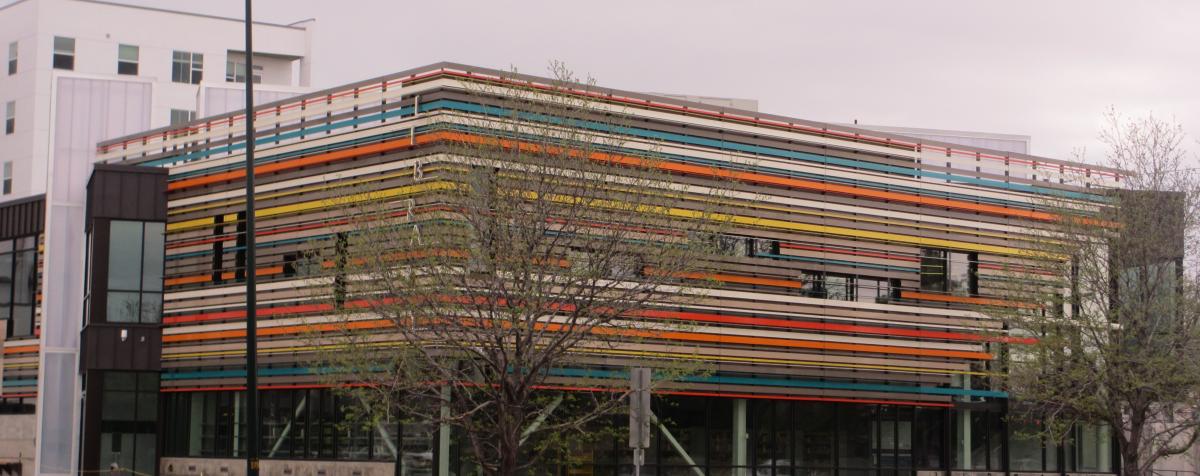Academics
A minor in urban studies offers an interdisciplinary perspective on the nature of urban life. You can choose from courses in anthropology, communication studies, geography, history, political science, real estate, sociology and other relevant disciplines. This coursework will deepen your intellectual understanding of cities and generate new questions and directions in the study of urban life. It will prepare you for careers in a wide variety of fields including city planning, social work, politics, economic development, urban education and more.
Program Requirements
The minimum number of credits for the minor is 24. As a student, you select courses from several of the disciplines participating in the minor, taking a maximum of two courses from any one discipline. Courses having an urban focus in other departments and programs (for example, an Advanced Seminar in the Common Curriculum, or a course in the Pioneer Leadership Program) may also be taken for credit toward the minor; you'll need to get approval from the Urban Studies program director.
Whatever your interests, the Urban Studies program director, Dean Saitta (Department of Anthropology), will help you choose relevant courses to further those interests and advise your career development.
Building Your Program of Study
Students in the urban studies minor have the freedom to customize a program of study that suits their particular interests. Courses may be selected to acquire a broad overview of urban issues or support a desired academic path.
If your interests lie in the urban physical environment, you may put together a program of study that combines the courses we offer in anthropology, geography, real estate and history. These will enrich a career in land use and transportation planning, geographical applications (e.g., Geographical Information Systems), real estate development and other fields.
If your interests lie in the urban social environment, you may put together a program of study that combines the courses we offer in anthropology, sociology, communication studies and economics. These will support a career in any number of fields dedicated to the study of human social relationships, urban policy formation and the provision of social services.




